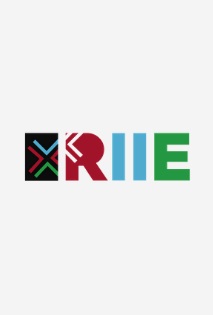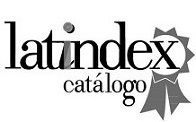Ways of “Doing literacy” in youth and adult education. Appropriation of institutional literacy practices in an adult secondary school
DOI:
https://doi.org/10.30972/riie.13186347Keywords:
adult education – literacy practices – appropriation – participation in literacy eventsAbstract
This paper analyses literacy practices in intervention projects carried out by small groups of students in a secondary school for adults. Using an ethnographic approach, we reconstruct school literacy events and the textual trajectory of the texts produced by two groups of students. We analyze the strategies used by each group in trying to grapple with an unfamiliar discursive genre, deploying a variety of literacy resources and negotiating towards a final version validated by the teachers. The analysis shows that the two groups appropriate the project genre through different resolutions (either drawing on familiar literacy practices or exploring tentatively a set of new genre-related resources), while they experience learning through participation in the collective writing process. We conclude that, in adult education classrooms, interactions around writing lead to various “contact phenomena” -namely, hybridisation and border-crossing between institutional and everyday literacy practices- that enable interstitial spaces fertile for learning.Downloads
Download data is not yet available.
Downloads
Published
2022-12-27
How to Cite
Eisner, L. (2022). Ways of “Doing literacy” in youth and adult education. Appropriation of institutional literacy practices in an adult secondary school. Revista Del Instituto De Investigaciones En Educación, 13(18), 76–101. https://doi.org/10.30972/riie.13186347
Issue
Section
Artículos basados en investigación empírica
License
Aquellos autores/as que tengan publicaciones con esta revista, aceptan los términos siguientes:
- Los autores/as conservarán sus derechos de autor y garantizarán a la revista el derecho de primera publicación de su obra, el cuál estará simultáneamente sujeto a la Licencia de reconocimiento de Creative Commons que permite a terceros compartir la obra siempre que se indique su autor y su primera publicación esta revista.
- Los autores/as podrán adoptar otros acuerdos de licencia no exclusiva de distribución de la versión de la obra publicada (p. ej.: depositarla en un archivo telemático institucional o publicarla en un volumen monográfico) siempre que se indique la publicación inicial en esta revista.
- Se permite y recomienda a los autores/as difundir su obra a través de Internet (p. ej.: en archivos telemáticos institucionales o en su página web) antes y durante el proceso de envío, lo cual puede producir intercambios interesantes y aumentar las citas de la obra publicada. (Véase El efecto del acceso abierto).






.jpg)




